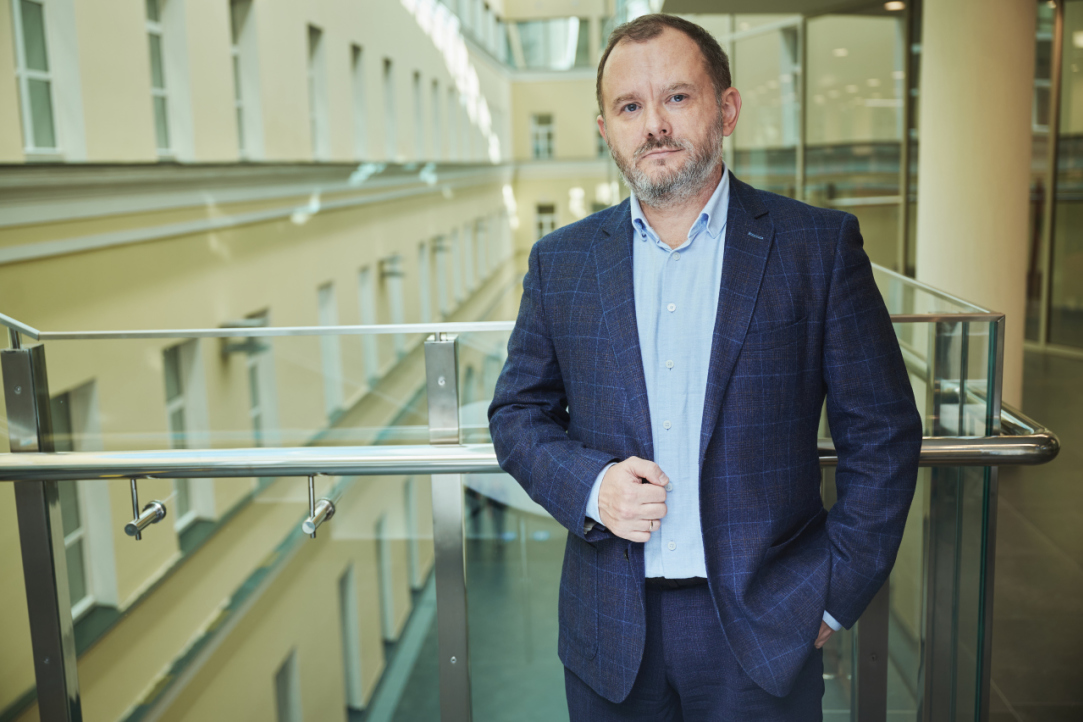
‘I Prefer Work to Most Types of Pastime’
Ivan Arzhantsev has headed up the Faculty of Computer Science since it was established in 2014. He has never been a specialist in Computer Science – all his life he’s been engaged in mathematics. On his 50th birthday, he shared with HSE Life how this has helped him to lead the best HSE faculty.

HSE MIEM Professor Lev Shchur Receives Prestigious International Award
Professor Lev Shchur has received the Henri Abraham Award 2022 for his services in organising science, including conducting international conferences and supporting early-career scientists. The award was established by the International Union of Pure and Applied Physics (IUPAP) in 2020, and has since been given to six researchers from various countries.
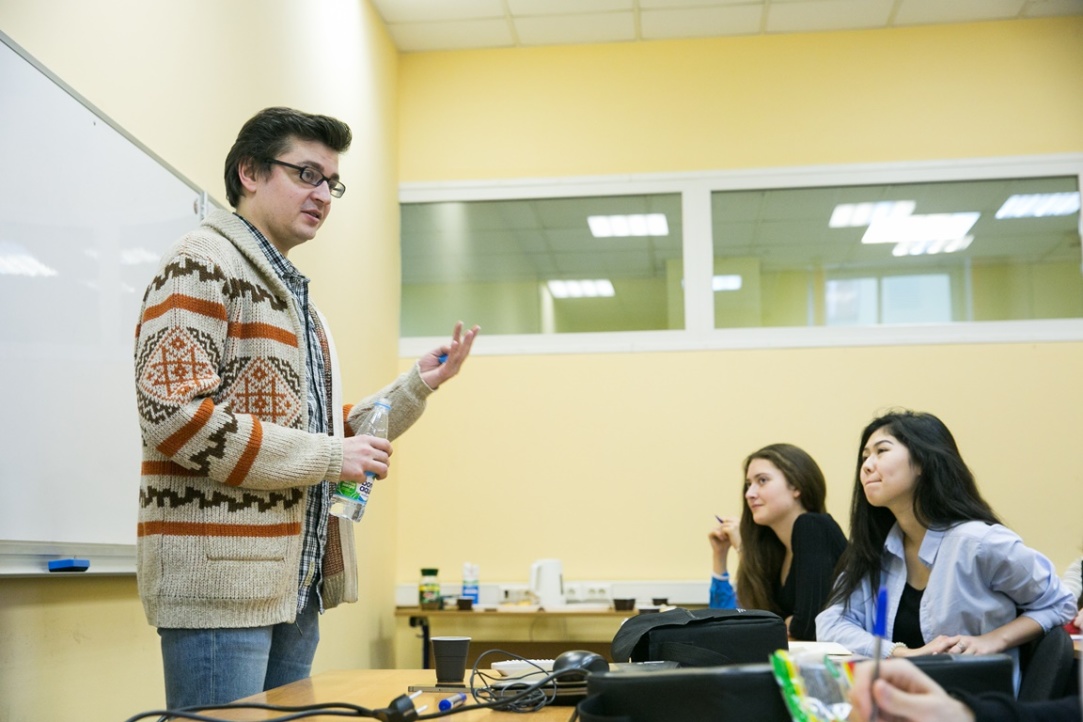
Registration Now Open for HSE University Competition for Faculty Positions 2023
This year’s HSE University Competition for Faculty Positions has now begun at the university’s campuses in Moscow, St Petersburg, Nizhny Novgorod, and Perm. Applicants to the competition must select their preferred career trajectory (Academic, Teaching and Methodological, or Professional) and provide supporting information in the competition form.
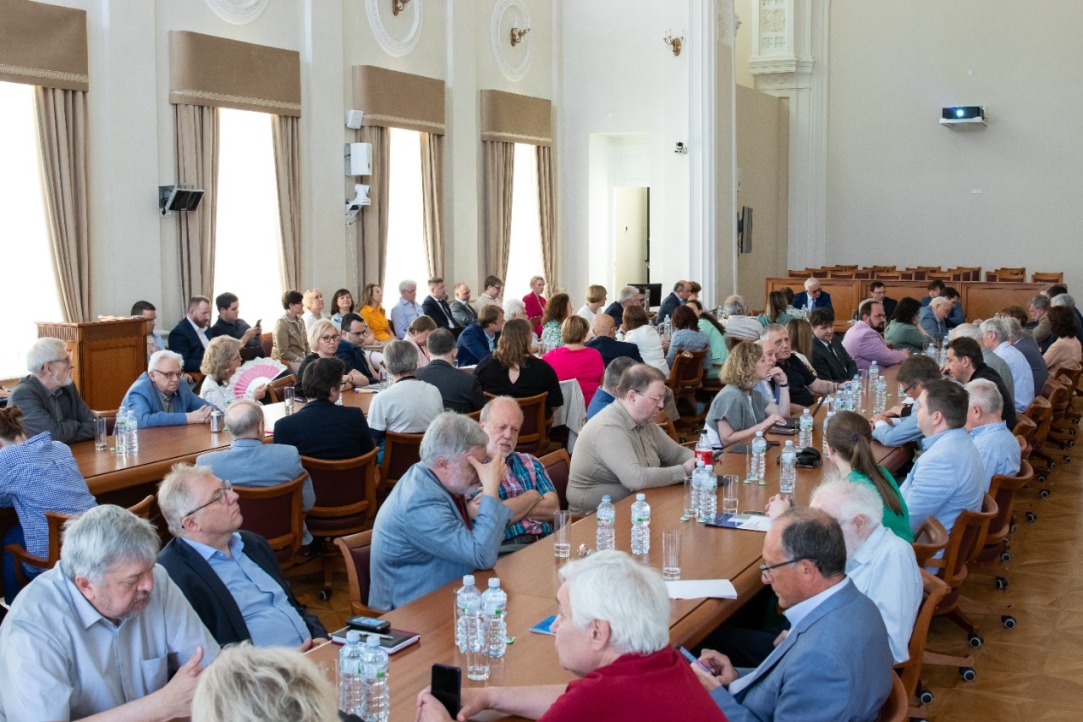
HSE Academic Council Meets for the Last Time This Academic Year
The meeting was held in person for the first time in over two years. It was attended by Sergey Kravtsov, Russian Minister of Education, and Dmitry Smyslov, Vice President of VK. The Council discussed HSE University’s breakthrough projects in engineering and artificial intelligence and elected new distinguished and tenured professors.
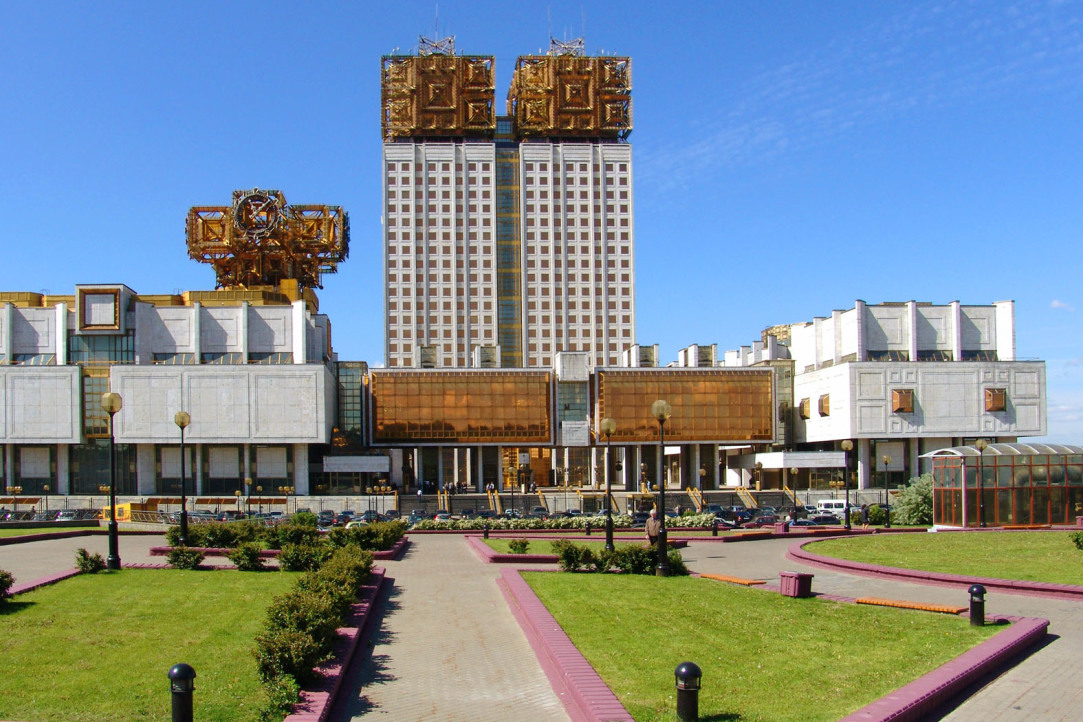
HSE University Staff Members Elected to the Russian Academy of Sciences
The results of the vote were announced at the General Assembly of the Russian Academy of Sciences (RAS), which took place from June 1-3. The newly elected Members and Corresponding Members of the RAS include eight scholars from HSE University.
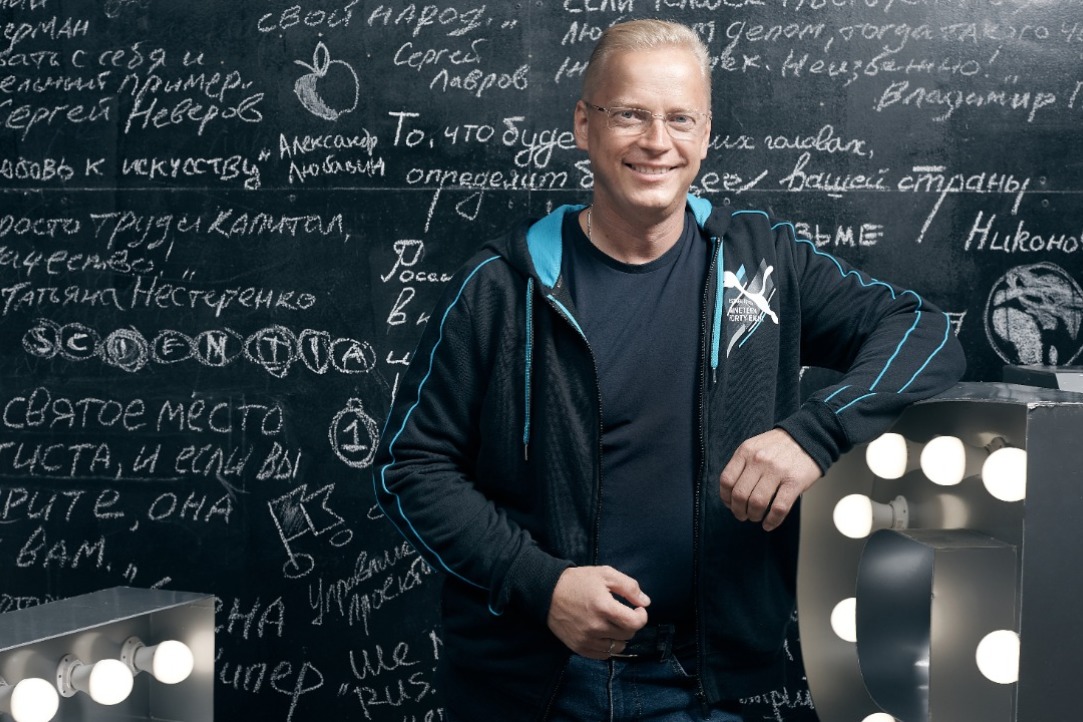
‘The Profession Must Come Naturally to the Students’
In May, Russian news presenter Ernest Mackevičius was appointed Head of the HSE School of Media at the Faculty of Communications, Media, and Design. HSE University Life talked to him about the appointment and what students and teachers can expect of their new administrator.
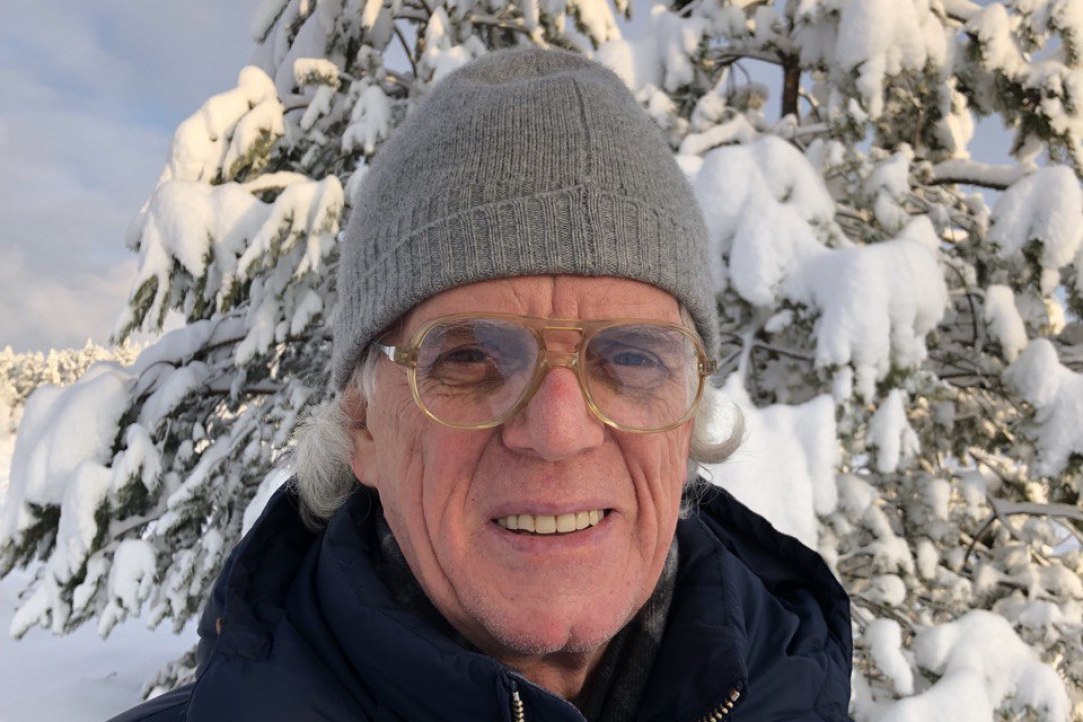
'We Pursue Whatever Interests Us!'
MIEM HSE Professor Lev Shchur is celebrating his 70th birthday. In his recent interview with MIEM HSE News Service, he talks about the first scientific computer network created in the Soviet Union, the state of computational physics today, and the current online and offline work being conducted by his research team of undergraduates and faculty members.

Unconscious Perception of Sounds: We Hear Differences Even without Listening
Neurobiologists from HSE University and the RAS Institute of Higher Nervous Activity and Neurophysiology proved that the human brain unconsciously distinguishes between even very similar sound signals during passive listening. The study was published in Neuropsychologia.

HSE Art & Design School Moscow to Offer Online Talk Series Jointly with Goldsmiths
In February and March, a specially commissioned series of open talks by professors from Goldsmiths, University of London, will be held online. Professor Anna Furse, Co-Director of the HSE PeARL Performance Research Lab, will be hosting the lectures. In the first session (on February 3), Professor Atau Tanaka will speak about embodied musical interactions.

The Cryptocurrency Market Works Like the Stock Market— Only Much Faster
After analysing the price fluctuations of almost 2,000 cryptocurrencies over seven years, Victoria Dobrynskaya, Associate Professor at the HSE University Faculty of Economic Sciences, found that there are no fundamental differences between their behaviour and that of conventional assets. Cryptocurrency follows the same principles, although its prices change much faster: processes that usually take years on traditional markets take only a month or so on the cryptocurrency market. An article on this research was reprinted by SSRN.

